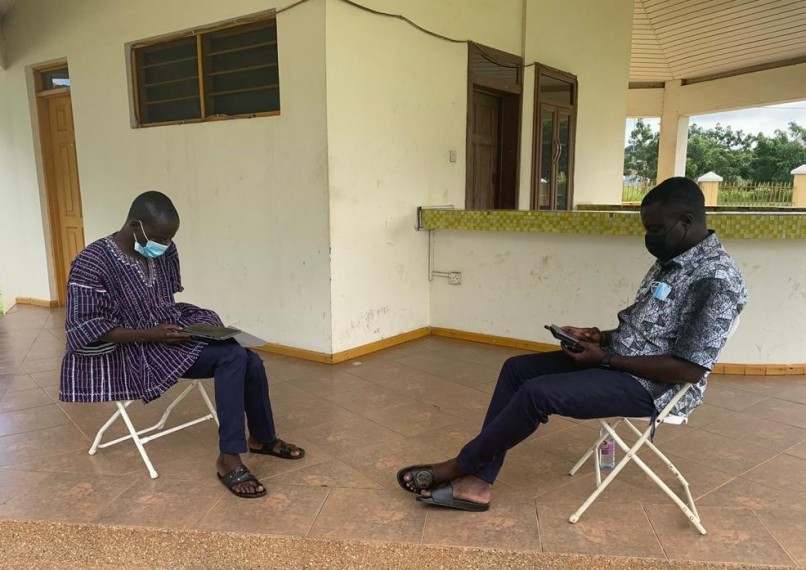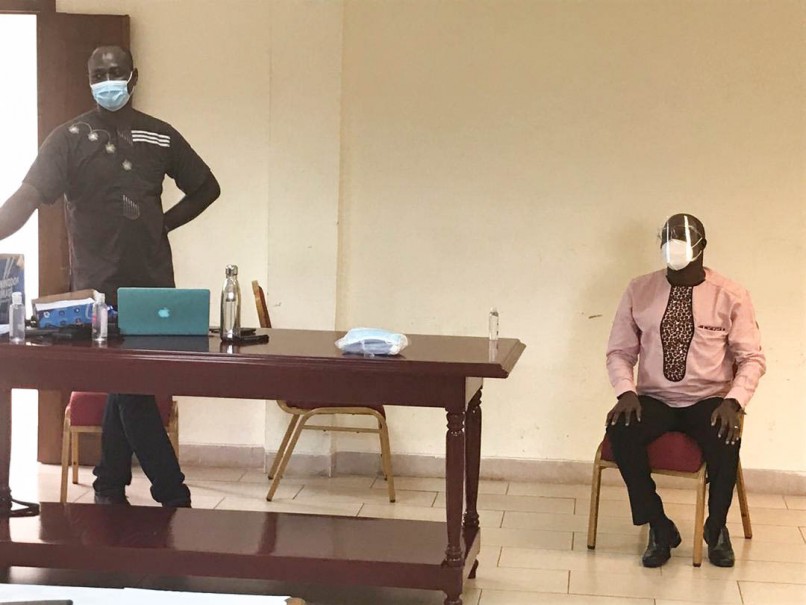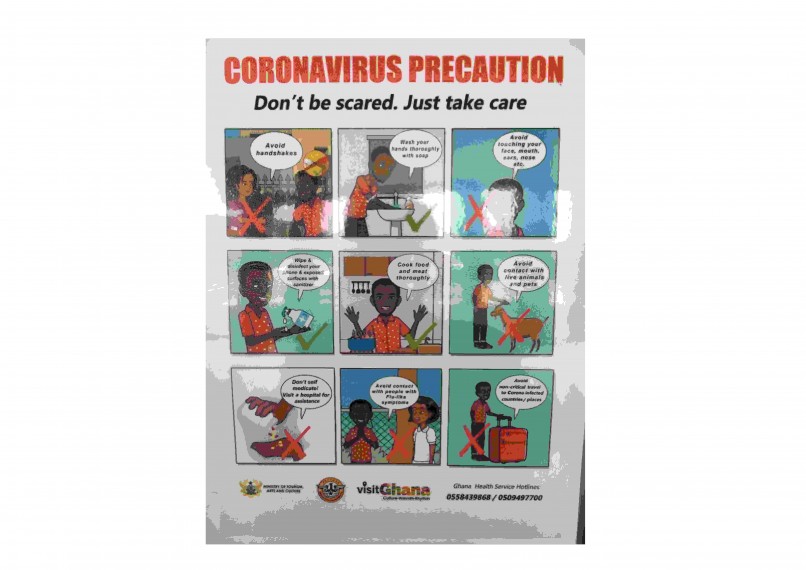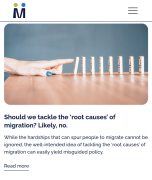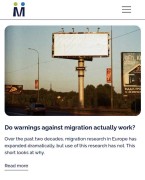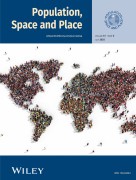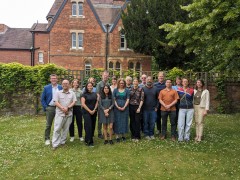MIGNEX Insight
Conducting surveys safely during a pandemic: perspectives from Ghana
Recognizing that the COVID-19 crisis would not go away anytime soon, the MIGNEX team in Ghana adopted innovative COVID-19 safety protocols to implement the MIGNEX survey. The data collection was successfully completed without any reports of illness from any team member.
Face-to-face structured interviewing is historically the most efficient and reliable method of administering household surveys. But the emergence of COVID-19 has led to the adoption of public health measures, restrictions on movements, and ‘social distancing’ protocols, making in-person survey data collection exceedingly difficult. Virtual approaches can also pose challenges, particularly in contexts lacking accurate data on households or with high levels of illiteracy.
These concerns led to delays in MIGNEX fieldwork, including the Ghana survey originally scheduled for June 2020. However, recognizing that the COVID-19 crisis would not go away anytime soon, our team in Ghana immediately began adopting innovative COVID-19 safety protocols to implement the MIGNEX survey face-to-face, as it was originally designed.
Planning fieldwork during COVID-19
The relaxation of almost all the restrictions initially imposed by the government enabled the Ghana team to propose a data collection plan that would allow the survey across three research areas to start by September 2020. The plan required field researchers to strictly follow COVID-19 data collection protocols to reduce the risk of exposing both researchers and respondents to the virus.
The Ghana team also began procuring necessary Personal Protective Equipment (PPEs) and arranging other logistics needed to protect both enumerators and respondents against COVID-19 infections. This included purchasing face masks and hand sanitizers for enumerators and respondents as well as comprehensive health insurance policies for senior researchers, supervisors, and enumerators.
Adaptations to training fieldworkers
The original training agenda and materials were adapted for a hybrid approach of virtual and face-to-face sessions. The first two days focused on survey objectives and the content of the paper questionnaire were done virtually using Zoom. The last three days of training, which involved practical sessions on the use of the Computer-Assisted Personal Interviews (CAPI) for data collection and demonstrations of the ‘random walk’ sampling technique, were done face-to-face.
There was a strict adherence of social distancing protocols during in person trainings. The first day of the face-to-face training took place in an open space, under a tent, in the garden of a hotel. When poor weather conditions forced the team to have subsequent face-to-face trainings indoors, the team still made sure that the auditorium used was big enough to ensure adequate social distancing. Air conditioning appliances were not used but rather the doors and windows were all opened to ensure adequate ventilation.
An entire session of the training was also devoted to discussions of safeguarding procedures and COVID-19 protocols to be observed strictly in the field.
Implementing COVID-19 protocols during actual fieldwork
In line with the safety measures discussed with field researchers during the training, various protocols were adopted to protect both respondents and field researchers. With these measures, the data collection was successfully completed without any reports of illness from any team member.
First, enumerators were asked to strictly but politely avoid handshaking with respondents. Culturally, handshaking is very much the norm in Ghana, but enumerators were innovative in using other gestures, such as ‘bowing down’ the head or waving their hands. The enumerators also explained to respondents why handshaking was being avoided.
Respondents and enumerators were both required to wear face masks throughout the interviews and adhere to social distancing. In some cases, enumerators distributed face masks to respondents who were not wearing masks when they were met. Based on recommendations by public health experts, the enumerators also, where possible, conducted interviews in open spaces rather than indoors and maintained a social distance of at least 6 feet from respondents.
The field supervisors and research coordinators regularly checked on the health of each other and were prepared to take enumerators out of the field should they experience any symptoms of ill health. Daily reminders were sent on the survey WhatsApp platform and during monitoring meetings on the need to observe the COVID-19 protocols.
Balancing financial tradeoffs with safety
Our experience in Ghana shows that the implementation of COVID-19 health and safety protocols are necessary for conducting household surveys during a pandemic. However, these measures come with additional logistical challenges and financial trade-offs which need to be considered.
The cost of logistics was much higher than what was originally budgeted. In addition to the usual equipment, such as bags and files, the team also had to purchase PPEs and increased transportation costs from moving PPE.
Another logistical challenge was the cost of procuring an appropriate training venue. In the Ghana study, the adapted plan to do the training in an open space imposed extra financial implications, as a tent and furniture had to be hired. The team also trained more enumerators than required, as some of them may fall sick and be required to stay away from the field.
Despite these challenges, the survey was successfully completed with zero reports of illness by team members. While conducting face-to-face surveys amidst COVID-19 is challenging, it can be done safely and successfully with the right strategies in place.
Cite this publication
Teye, Joseph and Kandilige, Leander. (2021) Conducting surveys safely during a pandemic: perspectives from Ghana. MIGNEX Insights. Oslo: Peace Research Institute Oslo. Available at: https://www.mignex.org/publications/conducting-surveys-safely-during-pandemic-perspectives-ghana
